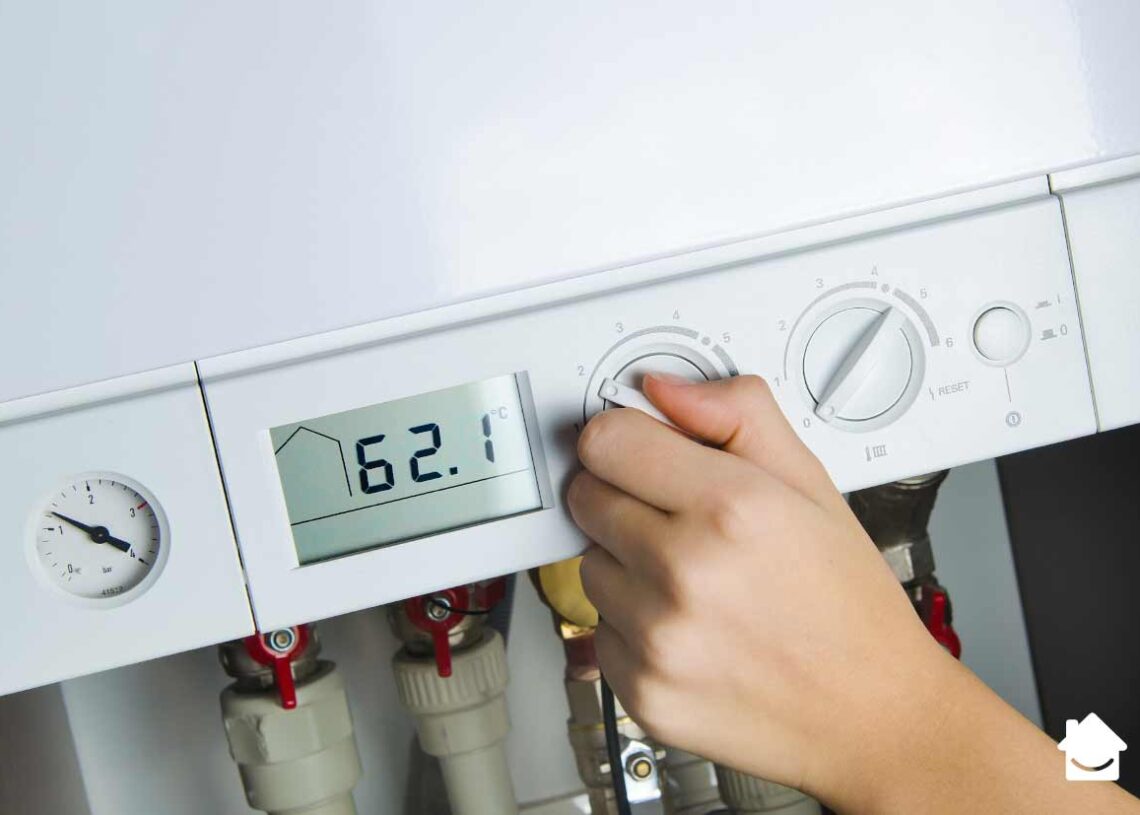If your boiler is working well one day, and then seems to lose pressure the next, you know that there’s definitely something wrong with it. However, even before you call the professionals, it pays to know some of the most common reasons why your boiler – specifically your combi boiler – is on the fritz.
Reasons Why Your Combi Boiler Is Losing Pressure
#1: Your Central Heating System is Leaking
Leakage from a home’s central heating system is one way by which a combi boiler could lose pressure. This is actually one of the easiest issues to detect: a leakage could cause staining in your ceiling as well as a damp floor.
A leaky heating system may be caused by faulty pipes which are either leaking or riddled with corrosion or even by small holes puncturing one of your radiators.
#2: There’s a Leak in the Pressure Relief Valve
If you’ve checked your heating system for leaks but find everything in order, you can check the pressure relief valve on your boiler. This is particularly necessary if there has been a continuous flow of water running through it.
It’s a surefire sign that some debris is lodged inside and causing that leak. This is not an issue that you should tackle on your own. Instead, call a professional HVAC specialist who may recommend a thorough cleaning or a full replacement depending on the extent of the damage. If the cost of repairs is higher than you expected, you can check boiler prices from Worcester Bosch here and see if you’ll fare better with a whole replacement.
#3: There’s a Problem with the Expansion Vessel
For this issue, the expansion vessel cannot handle the way hot water expands, hence a loss of pressure. But this could be due to two reasons. As Boilerbrain explains first, there may be a problem with the Schrader (air) valve. Remove the plastic cover on the top of the valve and press the pin in on it.
If water comes out instead of air, it means that the diaphragm within has ruptured. In this case, the entire expansion vessel needs to be replaced.
The other issue is that your expansion vessel needs to be recalibrated and pressurised. This is particularly true if pressure appears to rise quickly within the vessel but plummets almost as soon as you open the pressure relief valve. Again, your HVAC specialist will most likely drain the vessel first before checking the pressure.
#4: There’s a Lot of Air in the System
This is one of the most uncomplicated issues to check out for yourself. If the function is built into your boiler system, bleed your radiators first using a radiator key or a flat-head screwdriver. Then, use the key or screwdriver to turn the bleed valve counter-clockwise until water starts to come out. This releases trapped air and allows hot water into the cold fins.
Conclusion
If this doesn’t work, however, you’re going to have to call in the professionals as this is a sign that you have an airlock in the system. Most professionals will recommend flushing out the system. It’s best to leave them to it rather than do this yourself. And remember that you could be eligible for an ECO grant if you meet certain requirements, so if your boiler is broken, it’s certainly worth investigating further.
A few tips: be sure to bleed your radiators in sequence when you’re checking the system for air and have mats and towels on hand to keep any drips or leaks from making too big a mess.










